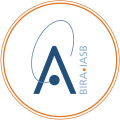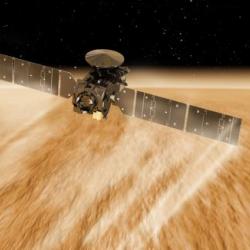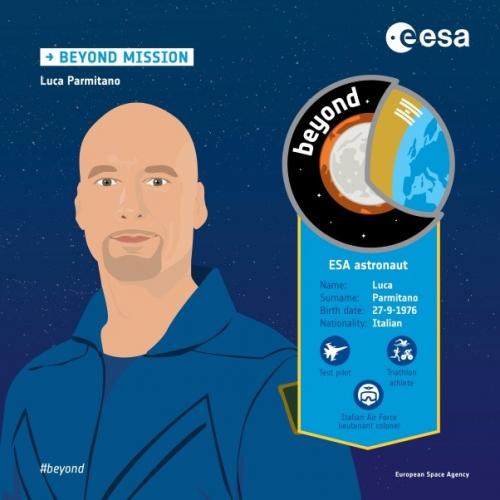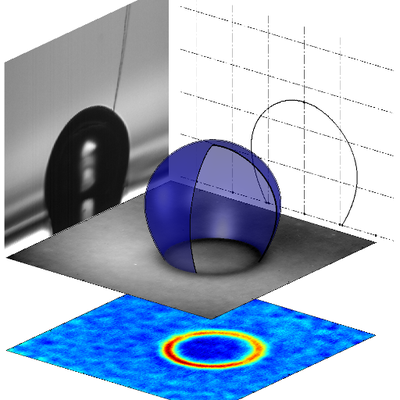On July 25, 2019 (midnight, Belgian time), the payload Multiscale Boiling (or RUBI experiment) was launched successfully aboard a Falcon 9 rocket from Cape Canaveral, Florida, with SpaceX’s 18th resupply flight to the International Space Station (ISS). In August, astronaut Luca Parmitano will install RUBI inside the Fluid Science Laboratory (FSL) in the framework of the mission Beyond. The FSL laboratory is located within the Columbus module of the ISS. The installation date is currently set to Friday 9th of August 2019.
As Facility Responsible Centre of the FSL laboratory and the payload RUBI, the Belgian User Support and Operations Centre (B.USOC) ensures the preparation and execution of the experiment in collaboration with the scientific teams.
RUBI is a fluid science experiment addressing the fundamentals of the boiling of fluids. It will study the phenomena of phase transition and heat transfer during the evaporation of fluids in microscopic and macroscopic dimensions. RUBI’s core element is a cell filled with fluid, which can be heated and cooled thermoelectrically. The boiling process is then triggered on a metal-coated glass heater using a laser. High-resolution cameras record the formation and growth of vapour bubbles in both the visible and infrared spectrum.
On Earth – thanks to effect of gravity – only small bubbles form, quickly detaching from the heating surface and masking other physical effects. The scientists want to optimize their numerical models of the boiling process with a series of tests conducted under zero-gravity conditions and corresponding reference tests on Earth. In the future, this could contribute towards the production of more efficient and environmentally friendly household appliances (stoves, radiators) and heat exchangers for industrial manufacturing processes.
Belgians at the controls
The B.USOC (Belgian User Support and Operations Centre) is the facility responsible center for the FSL laboratory and its hosted payloads. B.USOC is mandated by the European Space Agency (ESA) to ensure
- the monitoring of the facility
- the housekeeping of the ground segment
- the preparation and execution of the payload operations
- the delivery of the data to the science teams
To be able to ensure these tasks B.USOC
- is connected to the Columbus module Control Centre (Col-CC) located at München in order to transmit commands to FSL and receive data from FSL,
- has its own control centre
- hosts a functional prototype (engineering model) of the FSL laboratory and its payloads.
This prototype is necessary
- for the operations preparation,
- for the validation of operational concepts,
- for the operators training, and
- for the demonstration of their readiness state.
In case of problems in orbit, the prototype is also used for troubleshooting resolution.
The B.USOC is located in the building of the Royal Belgian Institute for Space Aeronomy (BIRA-IASB) in Uccle. The centre supported by the Belgian Science Policy Office (BELSPO) is mandated to sustain space missions and space experiments linked to Belgian or European research.
Belgian scientists involved
The team of Pierre Colinet from Université Libre de Bruxelles (TIPs: Transfers, Interfaces and Processes laboratory) carries out research in the field of fluid physics and more precisely in evaporation and boiling in microgravity. They are part of the science team and have been involved in the development of RUBI.
An international projet
The RUBI science team is coordinated by the Technical University of Darmstadt, and involves many countries: Belgium, Germany, France, Italy, Switzerland, Slovenia, Greece, Russia, Japan and USA.
The German site of Friedrichshafen of Airbus Defence and Space developed and built the RUBI payload.
Witnessing the installation
The B.USOC is offering the opportunity to witness the real time installation of the Multiscale Boiling by astronaut Luca Parmitano. Invitation and program will be sent separately.



